We, our students, and our children are stressed out! You’ve heard about it and read about it nearly every day in the media and you’ve likely felt it in your own life. Some of this stress is “good stress,” good for self-challenge, emotional maturity, and performance success. Good stress is a balancing act inside our bodies and brains.
Some stress is dangerous. This stress comes from many assaults—digital, nutritional, interpersonal, systemic, expectational, social. Among our children, social-emotional and academic success depend on relieving the bad stressors while encouraging the good ones. For us as adults, the same thing goes. Our bodies and brains keep score, and our mental and physical health must be protected even, at times, from ourselves.
Former Qualcomm manager, now corporate consultant, and parent and teen coach, Susan Jentzsch, dynamically and courageously takes on the challenge of this topic at this year’s summer institute. We hope you’ll read this blog and feel inspired to join her and our team at the beautiful Army and Navy Academy, in Carlsbad, CA on June 22 – 23 for courageous conversations and courageous balance.
I spent much of my young adult life working for a multi-billion-dollar high tech company designing the interior building spaces for engineers to create magic. My charter was to design and build enough office and lab space for the ever-growing engineering community to create new product lines and continue to improve upon the old ones.
As the company grew up, I did, too. We went from a small start-up to a worldwide super power of brains and technology. It was fun, fast paced and oh-so-stressful. I loved almost every minute of it. But it came with a price—external and internal stresses that were unhealthy. One of those stressors met at the nexus of inside and outside.
After years of work in a high-stress environment, I felt unworthy, not good enough, and, finally, emotionally paralyzed, operating in ‘survival’ mode. Doing all the things my management team wanted me to do, working very long hours without self-care, I burned my candle at both ends. At this point, I knew I had to do something different or I would self-destruct.
I also realized that for years, my body had sent me signals I was ignoring, signals that should have slowed me down enough to listen to my own internal wisdom–sleeplessness, reactivity, health concerns. Neglecting the signals, I plowed through.
But one day standing in front of the elevator, waiting for the doors to open, I hoisted my way-too-heavy, crimson, leather satchel onto my right shoulder, and instantly felt every single vertebra in my spine collapse all the way down, until there was nowhere for the last one to go, except into my spinal canal. The orthopedic surgeon said it was within the top 5 worst herniated disks he had ever seen. I had no choice now. I had to stop. I began to listen. Through this period of stillness, I realized the emotional and physical paralysis were intimately tied.
The body, mind, and soul are not three isolated systems but intricately woven together to give us our human experience. When moving at mock speed, I didn’t make time to rest and properly take care of my internal requirements. I did exercise, regularly, but even that was ‘something I had to do’, because I wasn’t a participant in my exercise class, I was the instructor.
Elvin Semrad writes, “The greatest source of our suffering are lies we tell ourselves”. In order to be fully alive, we must “acknowledge, experience and bare” the reality of life – with all its’ pleasures and heartbreak. We cannot get better, feel better and think better without harnessing the truth of what we know and feeling what we feel.
When we can get to the heart of the matter and process through our pent-up feelings, attachments, judgements, and pain, we become free to create a very different experience of life. Our experiences of life are created by our thoughts. Our brain is malleable, and with practice, we can certainly create new thought patterns to inspire and ignite our creativity.
Taking control of my body and brain, I invented a brand-new person; a brand, new employee; brand new leader; friend; parent; coach; wife. As I de-stressed, people at work noticed that things were different about me. Some people had a hard time articulating what was different, while others felt compelled to share their thoughts with me. Most often what I heard was, you’re way nicer and easier to work with. UGH – you mean for 10 years I wasn’t nice?!
I guess I was difficult to work with. I had become demanding and a bit of a bully. I behaved one way with my clients and a very different way with my support staff – those I really needed to get my job done. But before long, I started a new path, one that included learning about the power and strategies connected to male/female brain difference.
Not just me, but my entire team started to function very differently. Women and men no longer argued in meetings, pointed fingers to blame others and had side bar conversation that were totally distracting. We learned how to best support each other based on what was needed to feel successful and supported. We stopped negatively competing and started complementing each other. We stopped operating as individuals with personal agendas and started operating as a well-oiled machine that was unstoppable.
As I left the large company and became a coach, I took this new approach with me. Now I help others connect body/brain psychology with male/female brain difference psychology.
Whatever your team or students look like, each body and brain is precious. In my workshop titled The Body and Brain Do Keep Score we will:
- Identify stressors within ourselves and our students and children
- Model how to work through the discomfort of stress and help students do the same
- Identify the ‘stories’ of each situation and interaction
- Deploy methods to help students remain calm
- Deploy techniques to help adults respond authentically to the stress.
I am committed to continuously learning and developing into the very best version of myself. I hope you will join me for great learning, some good laughs – I have so many funny stories to share – and an opportunity to continue exploring how we can best support our youth. –Susan Jentzsch




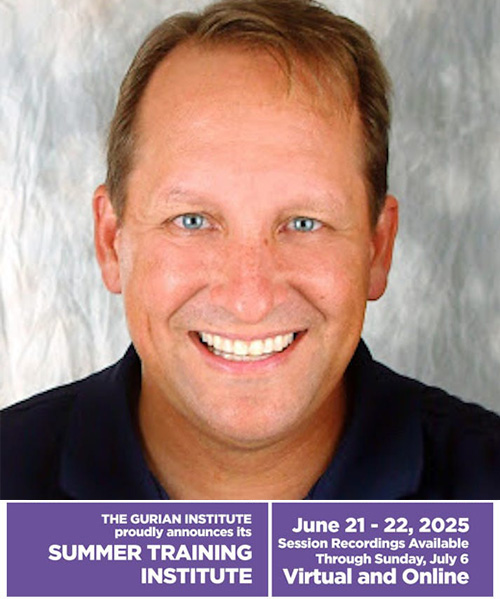

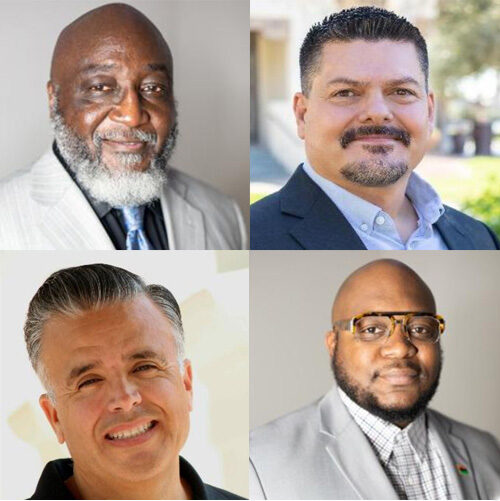
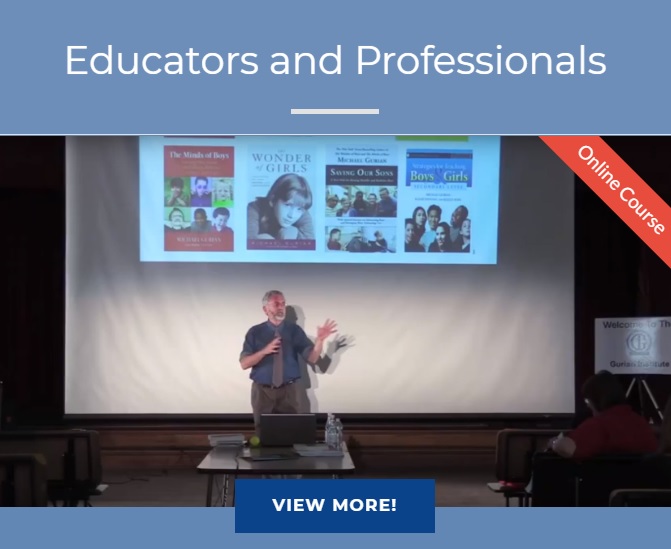
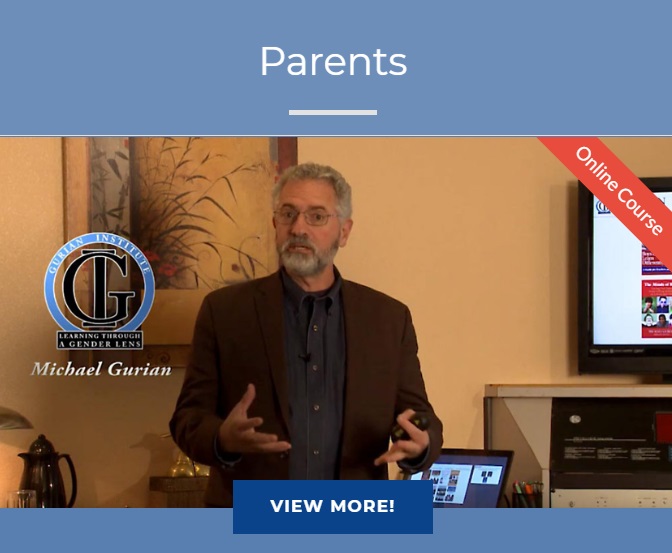
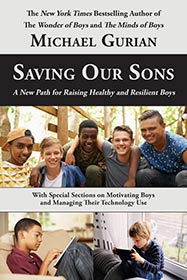
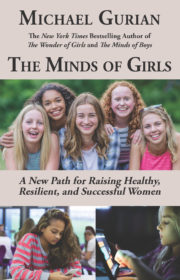
Nice intro. But I think you should have mentioned BESSEL VAN DER KOLK’s excellent book The Body Keeps the Score as you are clearly piggy-backing on it. Give credit where credit is due.